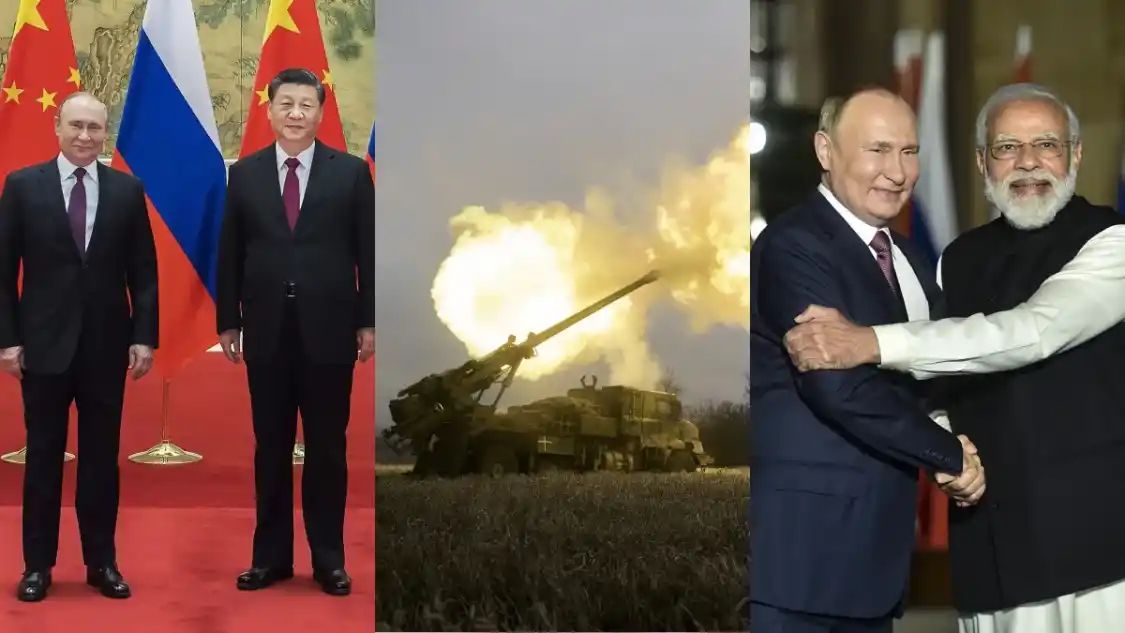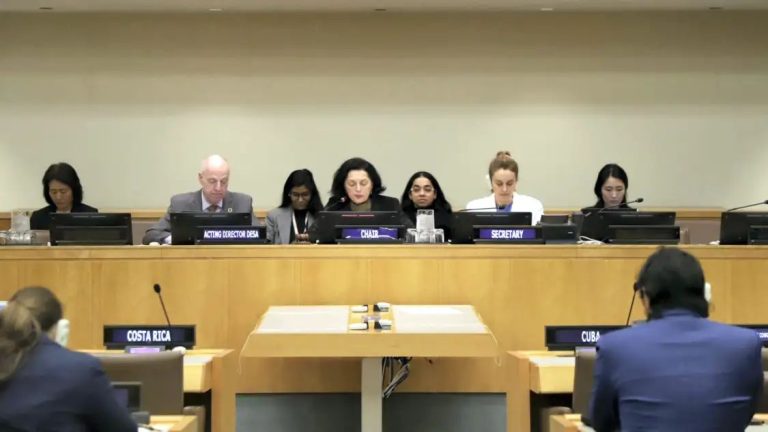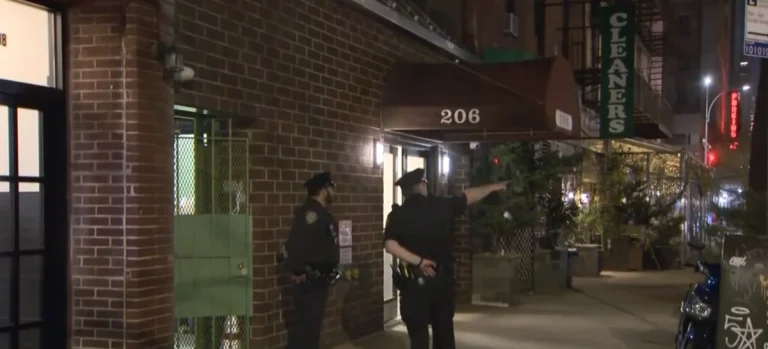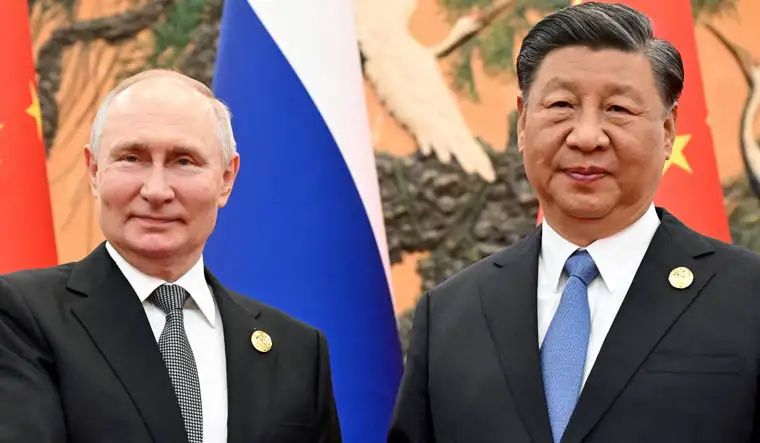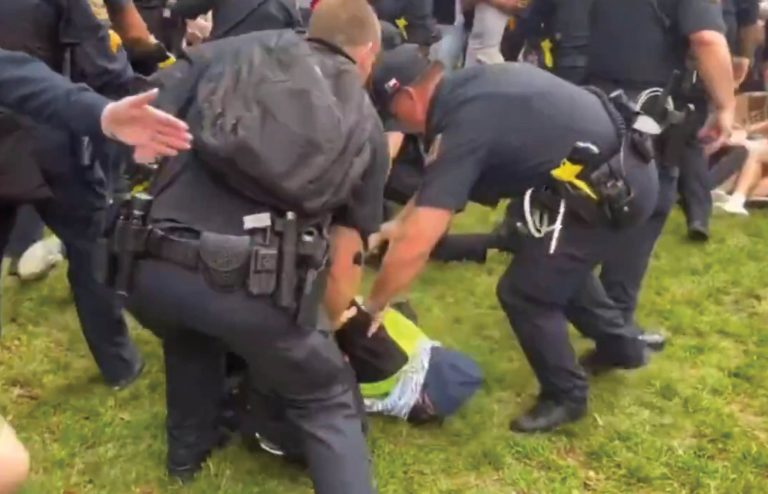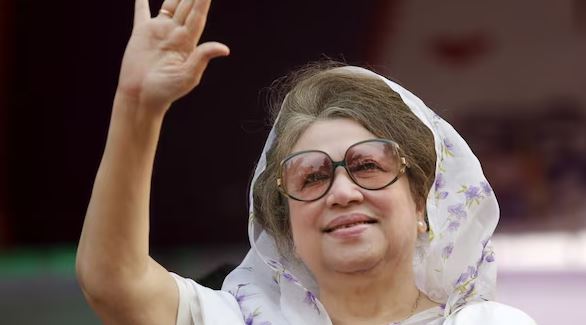Putin’s Fifth Term: Global Impact, Escalating Ukraine Conflict, And Strengthening China-Russia Relations
Putin’s landslide victory, described as a record in the post-Soviet era, further solidified his grip on power and underscored Moscow’s defiance against Western pressure, particularly in light of its military involvement in Ukraine.
China-Russia Relation – A Way Forward
When questioned about the election outcome, Chinese Foreign Ministry spokesman Lin Jian informed reporters that the trajectory of China-Russia relations would persistently advance under the strategic guidance provided by President Xi Jinping and President Putin.
Putin Set To Win Russian Election, Kremlin Aims For Landslide Victory
Lin underscored the significance of the two countries’ status as each other’s largest neighbors and comprehensive strategic partners, expressing confidence in the ongoing progression of their bilateral ties. Despite increased criticism from the West regarding Russia’s actions in Ukraine, China has deepened its cooperation with Russia in recent years.
This collaboration was notably underscored by the declaration of a “no limits” partnership between the two nations in February 2022, coinciding with Putin’s visit to Beijing shortly before the escalation of the Ukraine conflict. Reports suggest that “several meetings” between Xi and Putin are being planned for this year, reflecting the commitment to ongoing diplomatic engagement.
As the 75th anniversary of diplomatic relations between China and Russia approaches, Lin affirmed that the two heads of state would maintain close exchanges to further consolidate their partnership
Putin Warns of Potential World War Three Amid Rising Tensions with the West
Meanwhile, Russian President Vladimir Putin issued a warning to the West on Monday, stating that a direct conflict between Russia and the US-led NATO military alliance would signify the world being one step away from World War Three, although he noted that few desired such a scenario, as reported by First Post.
The ongoing Ukraine war has sparked the most profound crisis in Moscow’s relations with the West since the 1962 Cuban Missile Crisis. Despite frequently cautioning about the dangers of nuclear conflict, Putin asserted that he had never considered using nuclear weapons in Ukraine.
Putin’s Stark Warning: Russia Ready For Nuclear War, Urges Restraint
French President Emmanuel Macron’s recent statement about the possibility of deploying ground troops in Ukraine received mixed reactions from Western countries, with some distancing themselves from the idea while others, particularly in Eastern Europe, expressed support.
Responding to inquiries from Reuters regarding Macron’s remarks and the potential for conflict between Russia and NATO, Putin remarked that “everything is possible in the modern world.” He emphasized that such a scenario would bring the world perilously close to a full-scale World War Three, a prospect that few found appealing.
Putin also highlighted the presence of NATO military personnel in Ukraine, noting instances where both English and French languages were spoken on the battlefield. He expressed concern for the soldiers involved, emphasizing the significant human cost of the conflict, as reported by Reuters.
Putin’s Election Victory: Fueling the Flames of Conflict in Ukraine
Putin perceives his election victory as a mandate to escalate the war in Ukraine, with the dictator already demonstrating his assertiveness. He cautioned the West against a direct confrontation between Russia and NATO, positioning it as a step towards World War III, while emphasizing his commitment to bolstering Russia’s armed forces and prioritizing the ongoing military operations in Ukraine.
The elections serve as a means for Putin to legitimize his decision to engage in the conflict, as noted by Andrei Kolesnikov, a senior fellow at the Carnegie Russia Eurasia Center. Speculation arises regarding a potential second military mobilization in Ukraine, following the initial one in September 2022, which could prove controversial yet potentially appease the families of previously drafted soldiers.
Analysts suggest that Russian leadership’s rhetoric of consolidating society around defense needs implies a prolonged conflict and perpetual mobilization of resources for warfare, according to Brian Michael Jenkins, a senior adviser at the RAND Corporation think tank.
Putin’s Fifth Term: Global Impact and Strategic Shifts
According to the First Post media reports, Putin’s fifth term as Russia’s president brought about a significant global impact. Following are the strategic shifts, influencing alliances and perceptions worldwide:
1. Continuation of Putin’s Firm Control: Russia remains under Putin’s firm control, with dissent suppressed and the economy enduring sanctions.
2. Growing Advantage on the Battlefield: Recent battlefield gains suggest a strengthening position for Putin’s forces in the conflict in Ukraine.
3. Potential Shift in US Support for Ukraine: Signs of early fatigue in the US, Ukraine’s major military backer, could disrupt support for Kyiv, particularly with upcoming elections in November.
4. Strengthening Russo-Chinese Relations: Putin foresees deeper ties with China, citing strong personal relations between leaders and mutual complementarity between the two nations.
5. China’s Strategic Alignment with Russia: China, while maintaining neutrality, sees Putin as a crucial partner amid rising tensions with the US, leveraging stable relations with Moscow to focus on other strategic concerns.
6. Growing Ties with North Korea: North Korea’s Kim Jong Un’s recent meeting with Putin underscores a growing alignment, potentially impacting regional dynamics and relationships with the US and South Korea.
7. India’s Neutral Stance: India, while strengthening ties with the US, maintains neutrality in the conflict, benefiting from discounted oil purchases from Russia and maintaining positive relations with Putin.
8. Varied Perceptions of Putin Globally: While portrayed as a villain in the West, Putin enjoys support in several countries with developing economies, where neutrality or alignment with Russia may be economically or strategically motivated.
9. Reassurance for Allies: With Putin’s extended term, allies aligned with Russia may feel reassured in their stance amidst global geopolitical shifts.
